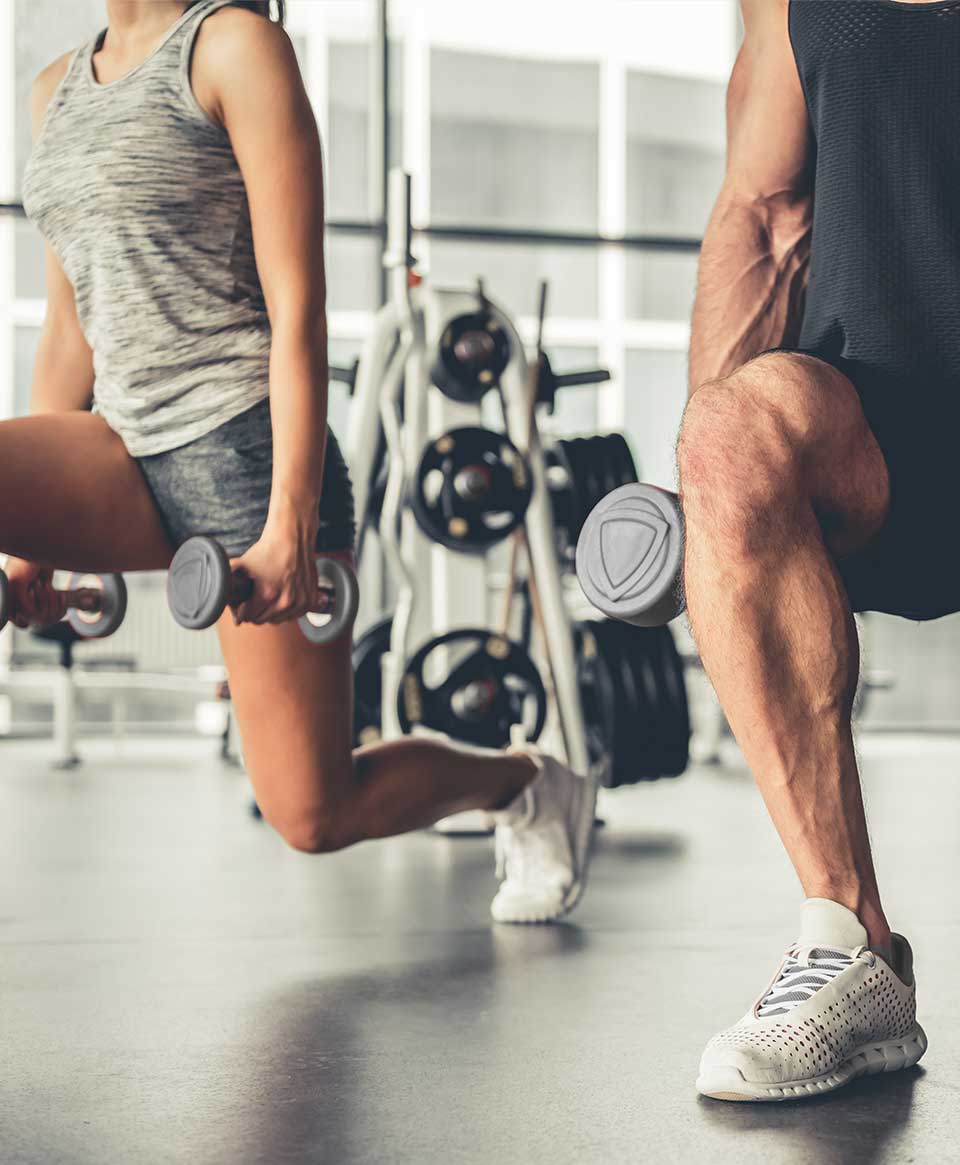 Contrary to popular belief, breakfast isn’t always the most important meal of the day.
Contrary to popular belief, breakfast isn’t always the most important meal of the day.
For the active individual looking to gain muscle and lose fat, a pre-and post-workout meal can be the key to getting the most out of each session and one step closer to their fitness goals.
So how can you create the perfect pre-and-post workout meal for your own workout success? See the guidelines below and be one step closer to becoming your own elite.
The Pre-Workout Meal
Do you need one?
Simply lacing up your sneakers doesn’t justify a big, hearty snack. The amount of effort you put into your workout will dictate what you should consume prior to exercising.
If you’re going out for a 30-minute walk, you don’t have to fuel up. And if you’re planning on burning only 350 calories on the elliptical, a 200-calorie snack isn’t necessary.
So what justifies a snack pre-workout? An hour-plus high intensity training session, like the formats you see in Training Club, is good base to measure by.
Keep in mind though, no matter the intensity, if you’re going to exercise within a few hours of a meal, you may be better off skipping your pre-workout fare. This is because you don’t want your body to be expending any extra energy on digestion when you need it to perform.
Even more important then the pre- workout meal is the post-workout meal. This is because it’s how your body replenishes it’s energy stores and rebuilds.
How to perfect the post-workout meal:
Step One: Protein
According to a 2012 review in the American Journal of Clinical Nutrition, 30 grams of protein in the form of a whey protein supplement can help active individuals and athletes build muscle and recover from workouts.
Your post-workout nutrition needs are based largely on the type of workout you performed. This is because the amount of specific nutrients your body needs varies based off the type, duration and intensity of your workout.
For example, when muscles work hard during exercise, the body experiences increased protein breakdown. Eating protein after a workout triggers protein synthesis. This effect is how you build new muscle. That’s why it’s recommended to consume protein after an intense weight training session.
But that doesn’t mean that endurance training and other forms of exercise doesn’t require lots of protein.
In fact, long-duration endurance events like marathons require more protein for fuel than weight training (which uses mostly carbohydrates), so long-distance runners need lots of protein, too.
The Role of Carbohydrates
But protein isn’t the only nutrient you need. Carbohydrates are the main fuel for exercise. So they also need to be replaced after a tough workout.
Carbs are stored in the body as glycogen, which is used for fuel, especially during high-intensity exercise like sprinting and lifting weights. Eating carbs post-workout restocks those glycogen stores and helps you get ready for your next workout or competition.
The longer and harder you exercise, the more carbs you need after your workout. The more muscle you break down (through strength training, contact sports or long-duration endurance training), the more protein you need.
Timing out your meal:
Nutrient timing is a hot topic in the fitness industry. Many people have experimented with fasting and skipping meals to lose weight. In the end, research shows time and again that what really matters is how much you eat over the course of an entire day.
In other words, when you eat matters less than how much you eat.
Post-workout nutrition is pretty much the same. It’s been thought that there’s an “anabolic window” of about 45 minutes to an hour after exercise. According to popular theories this is when the body desperately needs protein and carbs, and if you don’t get them, your workout will be wasted.
Fortunately, that’s not true. Another 2013 review in the JISSN concluded there’s no solid evidence that you need to eat immediately after working out.
In fact, the so-called “anabolic window” may be open for as long as 48 hours after exercise. However, it can take up to 24 hours to fully replenish your glycogen stores. So the faster you put carbs back into your body, the sooner you’ll be ready to exercise again.
Ultimately, the most important factor is to consume adequate protein and carbs prior to your next workout or competition. Eating immediately after exercise gives you the best chance to recover in time, but your workout won’t be wasted if you don’t chug a protein shake within an hour.
Post-Workout Meal Options: Finding the right combo
The International Society of Sports Nutrition recommends a 3:1 ratio of carbs to protein after a workout. So a post-workout meal containing 90 grams of carbs and 30 grams of protein is a great place to start.
Here are a few meal options to get you that ideal ratio:
-
1 scoop whey protein, 1 large banana and a two rice cakes.
-
2 cups non-fat Greek yogurt, 1 cup oatmeal and 1 cup blueberries
-
4-ounce chicken breast (boneless, skinless) and 2 cups rice
-
2 cups non-fat chocolate milk with 5 figs.

